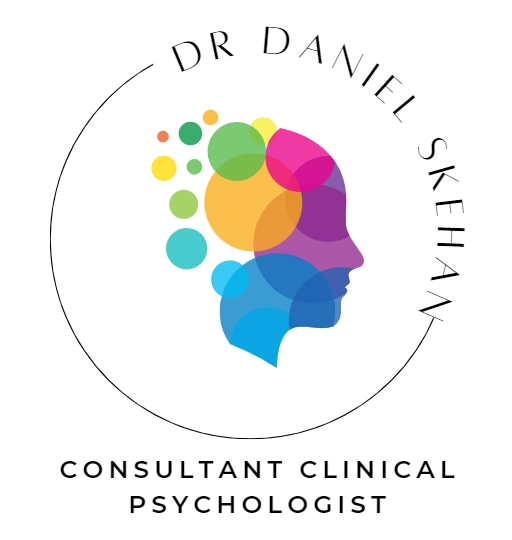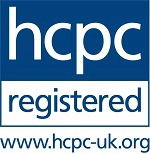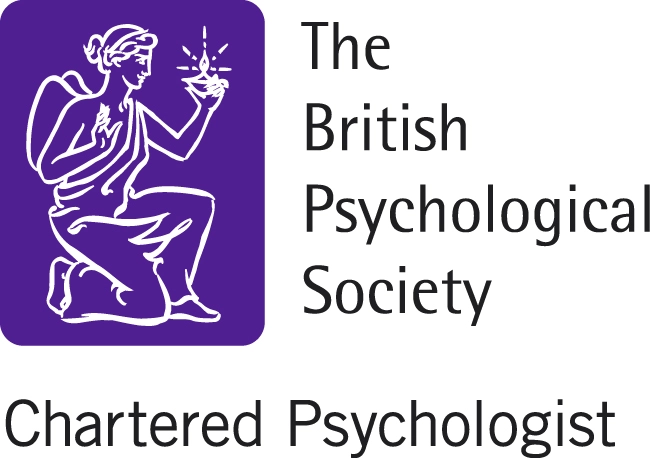Cognitive behavioural therapy (CBT)
CBT is the most widely-used therapy in the world and has been applied to a huge range of difficulties. It is a practical therapy and can be used to make immediate changes to one’s life. The main premise of CBT is that our thoughts play a central role in determining our feelings. If we have emotional difficulties it can therefore be helpful to understand the thoughts that may relate to these feelings.
The following example tries to illustrate this concept:
Event: Walking out our front door and stepping in a dog poo
Thought
What if I catch a disease?
Who let their dog poo here?
Why do I not look where I’m going?
Feeling
Anxiety
Anger
Low mood
Of course, negative feelings are normal and should happen in response to negative, stressful or upsetting events. It is not the aim of CBT to avoid having negative feelings, as negative feelings can be helpful. CBT is sometimes mistakenly believed to be an attempt to ‘think positive thoughts’ in the face of any adversity.
In CBT we try to help when someone’s negative feelings have become problematic, perhaps felt too intensely, too frequently or for too long. This could also be when the negative feeling does not lead to something constructive or to some kind of change.
In focusing on thoughts we try to assess whether they are accurate or whether they are helpful. When someone has persistent emotional difficulties, we tend to find a thinking bias towards certain types of interpretations of events. There is often a reason someone will have a tendency to have a particular thought (i.e. What would determine which thought is triggered above in response to the dog poo?).
We also find that our thoughts are often reinforced or maintained by our responses to events, our behaviour. For example, the thought, ‘I will make a fool of myself’, can result in avoidance of a particular activity and therefore never allow us to challenge the thought.
This is how the therapy gets its name; cognition/cognitive refers to thoughts/thinking while ‘behaviour’ refers to our response to our thoughts and feelings. It is a therapy with a clear structure, which then allows a lot of flexibility when it is applied to individual circumstances.


